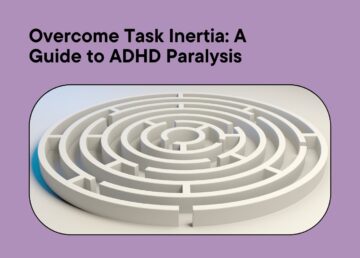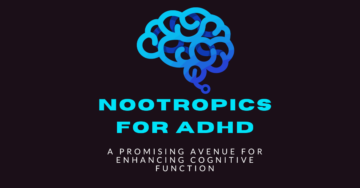
Do you ever wake up worked up or just feel bad and depressed without knowing the exact reason why? Sometimes, feelings of anxiety and undefined gloominess can linger for days. As a result, it puts you at the mercy of your emotions. Remember, you should control your emotions instead.
To get to the root of pending negative feelings and boost positivity, you should keep a mood journal. Remember when we talked about the benefits of journaling? A mood journal lets you record your feelings so that you can identify trends and patterns. This way, you can identify how to respond to avoid certain triggers.
However, you can expand your journaling experience with technology. For example, a mental health app Sensa functions like a personal assistant. It provides all the necessary tools for journaling and can guide you through how to use them. You can track your moods and write notes in the app as many times per day as you want.
4 Useful Tips for Journaling
1. Try to journal every day
Journaling is a process – the goal is to make it a habit. It is also about creativity and self-discovery. To do this, you must stick to journaling and make it a habit. True, it will require getting used to and will be difficult at the beginning. However, the more you write, the easier it will become. So, try to journal your mood every day. Don’t skip. Remember, the first exception is always the easiest. Miss a few days, and you won’t have a problem missing more.
2. Be honest with yourself
Your mood journal will only be effective if you are honest with yourself. To release negative emotions, you must evaluate yourself from an external view. You also need to separate yourself from your thoughts so that you can stay objective. Don’t just write about what you want. Instead, open up and be vulnerable. Honesty will bring you closer to the truth.
3. Use your journal as you see fit
When you journal, express your emotions and thoughts as much as you can without censoring your writings. Remember, the essence of a mood journal is to help you track your mood to identify triggers and focus on improvement. To do this, you must write without judgment. Write whatever you want and in any form that makes you happy.
4. Write whatever feels right
Don’t focus on grammar. Let go of expectations. Write and don’t stop until your mind feels empty. That said, there is no rule or expectation. Embrace the unexpected, and don’t overthink. Just write whatever feels right.




